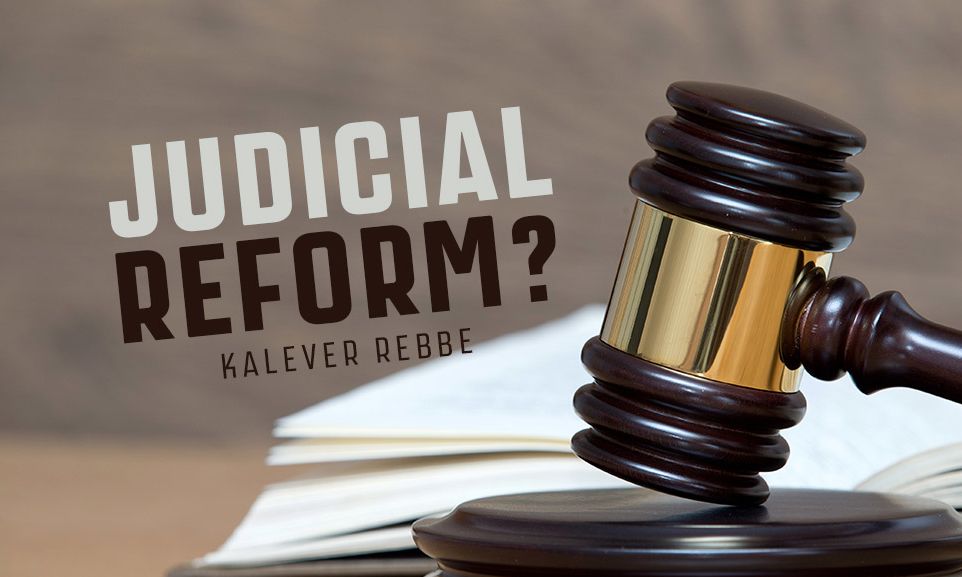
Judicial Reform?
Much discussion is going around about the judicial reforms being proposed in Israel. Read the Kalever Rebbe’s eye-opening article about judiciary systems.

‘And these are the ordinances that you shall set before them’. (Shemot 21:1)
Beit Din versus Non-Jewish Court
There are times when people lose a monetary case before the Beit Din, the Jewish court, and they resent the judges and the entire Jewish judicial system. They think that they would have done better in the non-Jewish court system.
In their view, the rule of law is in their favor, and they are simply the victims of a flawed system. The Yetzer Harah encourages them to quarrel with the judges and the entire system.
However, this is not the case. In fact, it is the very opposite. Through the Jewish judicial system, through a Din Torah – a Torah ruling – at a Beit Din, a Jew can find menuchat hanefesh (peace of mind) even if he loses.
A person needs to realize that the Beit Din views monetary disputes as objectively as determining whether a piece of meat is kosher or not.
The Butcher’s Reactions
The butcher in Brisk once brought a questionable animal before HaRav Yosef Dov, the Head of the Beit Din. The Rav ruled that the meat was treif (not kosher). The butcher accepted the ruling, and he lost a tremendous amount of money.
A few days later, the same butcher had a monetary dispute with someone. They brought their case before the Rav. After hearing the details of the quarrel, the Rav ruled that the butcher was indeed wrong and awarded the money in question to the other party. When the butcher heard the ruling, he immediately began arguing the validity of the ruling and he mocked the Rav.
Afterwards, the Rav’s son asked him: “When you ruled that the animal was treif, he didn’t question the ruling for a moment. However, when you ruled against him in this monetary quarrel – for a much smaller amount – he began to mock and condemn you almost immediately. Why?”
The Rav answered: “When I ruled that the animal was treif, it did not reflect upon the butcher’s character or reputation. It didn’t hurt his pride. However, when he lost the monetary case, he felt that his honor was in question. And that was difficult for him to accept.”
The Impact of Judicial Reforms
People become angry with judges and courts when they feel that they were wronged or that the judges made a mistake. According to their own view, the money in question logically belongs to them.
But when someone brings a monetary dispute before the Beit Din against another Jew, it is impossible to know from the outset, who will be awarded the money by the Jewish law of the holy Torah from the Creator, which is higher and different from human logic.
Therefore, when a Jew approaches the Beit Din, he needs to go with an open mind and with a sincere desire to receive a ruling that is aligned with the Torah and Halacha. He needs to be as emotionally detached as asking whether a piece of meat is kosher or not. If the courts rule that the money in question does not belong to him, he needs to not only accept that ruling, but it should bring him peace of mind that the case is finally over; he should feel a menuchat hanefesh.
This peace of mind is not possible for people who go to the judges in the secular court system. Their laws and legal practices are not rooted in the Divine, in Hashem’s Will. Rather, it is a flawed system built and dependent upon the personal opinions, views, and desires of legislators and judges, who are mere flesh and blood. Like other people, legislators and judges are influenced by the culture of the times and environment that they live.
Therefore, despite endless reforms to the secular law and the judicial system, there will always be someone who feels disadvantaged by the system. They can always feel that the judge wasn’t smart enough or just had a differing opinion. There are still many other opinions who would argue in his favor.
Losing by Lack of Evidence
Even when someone loses based on a technicality such as a lack of evidence, the Din Torah can bring peace of mind, because the person who lost can see that Hashem obviously wanted the money to belong to the other person.
My holy ancestor R’ Yitzchak Isaac from Kamarno relates a story in Ma’aseh Oreg (Peah 8:9):
A person had deposited a large sum of money for safekeeping by his friend who subsequently passed away. When he approached the heirs to retrieve his money, they claimed that they knew nothing about it. Their father never mentioned it. And, since there were no witnesses, the Beit Din ruled that they don’t need to give him the money. However, everyone knew that this man was truthful and honest.
In need of guidance, the man went to the Baal Shem Tov and said: “I know that the Beit Din decided a Din Torah – which is rooted in the Torah which is the ultimate truth. And, I know that the Shechinah resides in the courtroom to help guide the judges as it says (Tehillim 82:1), ‘God stands in the congregation of God; in the midst of the judges, He will judge‘, which means that each Din Torah is as if Hashem himself determined that verdict. However, in my case, how does this fit with reality? I know I am right! How could the Beit Din rule against me?”
The Baal Shem Tov answered: “In another lifetime, an incarnation before this, you actually owed this person that sum of money. Therefore, it was decreed in the Heavens that that same amount of money pass from your hands to his. Therefore, the verdict of the courts was accurate and the money belongs to the heirs.”
‘Restoring the Soul’
In addition to the above, R’ Tzvi Hirsch from Riminov taught, that the Torah has the ability to settle the soul of a person who has lost a Din Torah, that the verdict will not anguish him, because the Torah is ‘perfect, restoring the soul’…(Tehillim 19:8).
Happy Losers
This is alluded to in the pasuk: ‘And these ordinances’ – specifically Torah law, ‘happiness [the word ‘Asher’ is rooted in the same for ‘Osher’, happiness] you will set before them’ – referring to both people who came to the Din Torah. Even the person who loses, can be happy with menuchat hanefesh.
***
The Kalever Rebbe is the seventh Rebbe of the Kaalov Chasidic dynasty, begun by his ancestor who was born to his previously childless parents after receiving a blessing from the Baal Shem Tov zy”a, and later learned under the Maggid of Mezeritch zt”l. The Rebbe has been involved in outreach for more than 30 years, and writes weekly emails on understanding current issues through the Torah. You can sign up at www.kaalov.org.


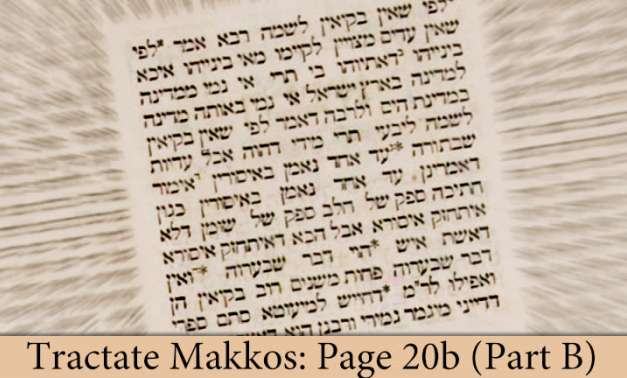
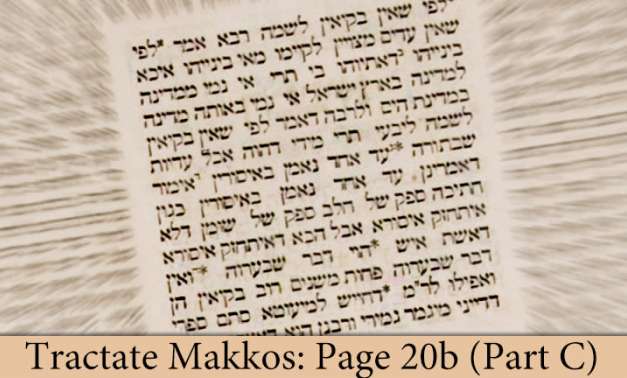
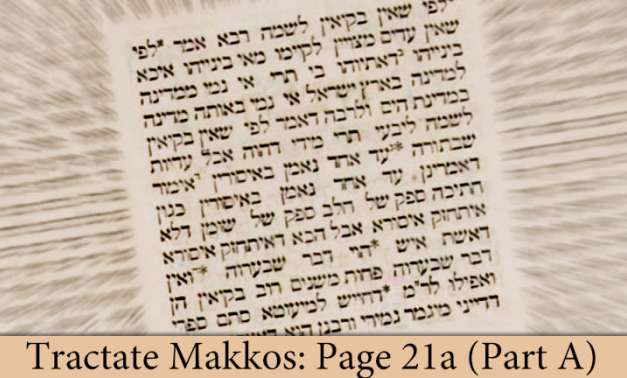

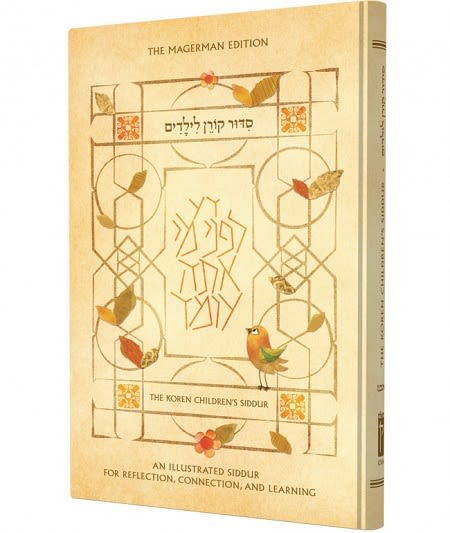
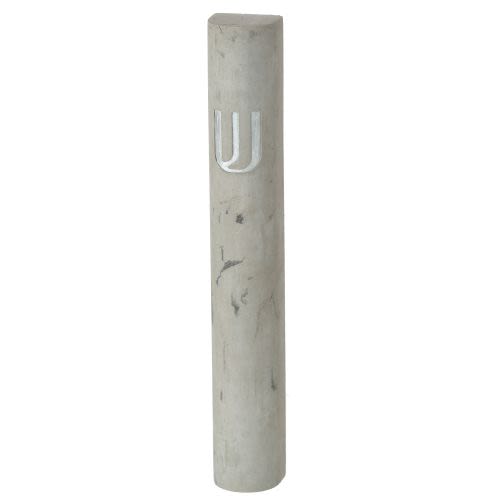
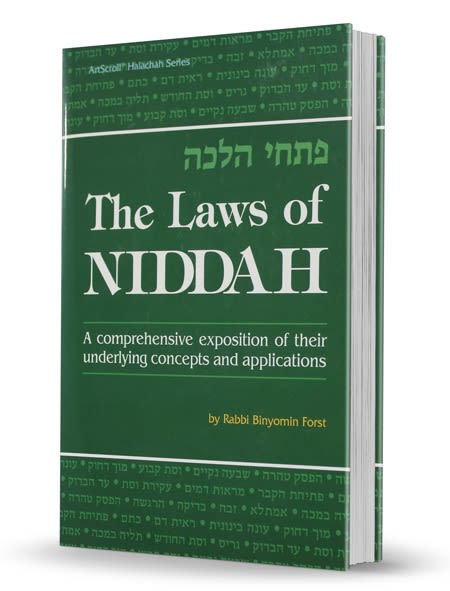

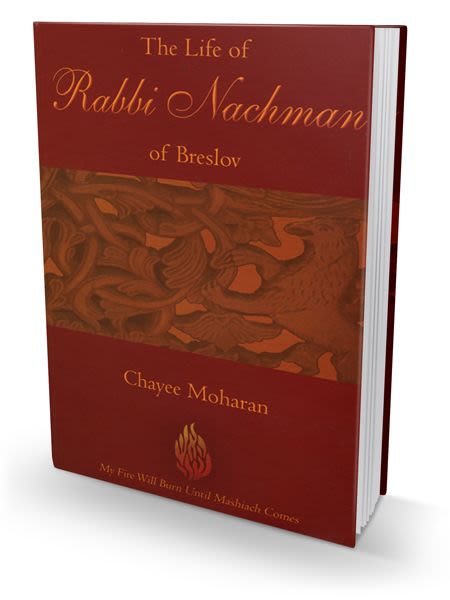

Tell us what you think!
Thank you for your comment!
It will be published after approval by the Editor.